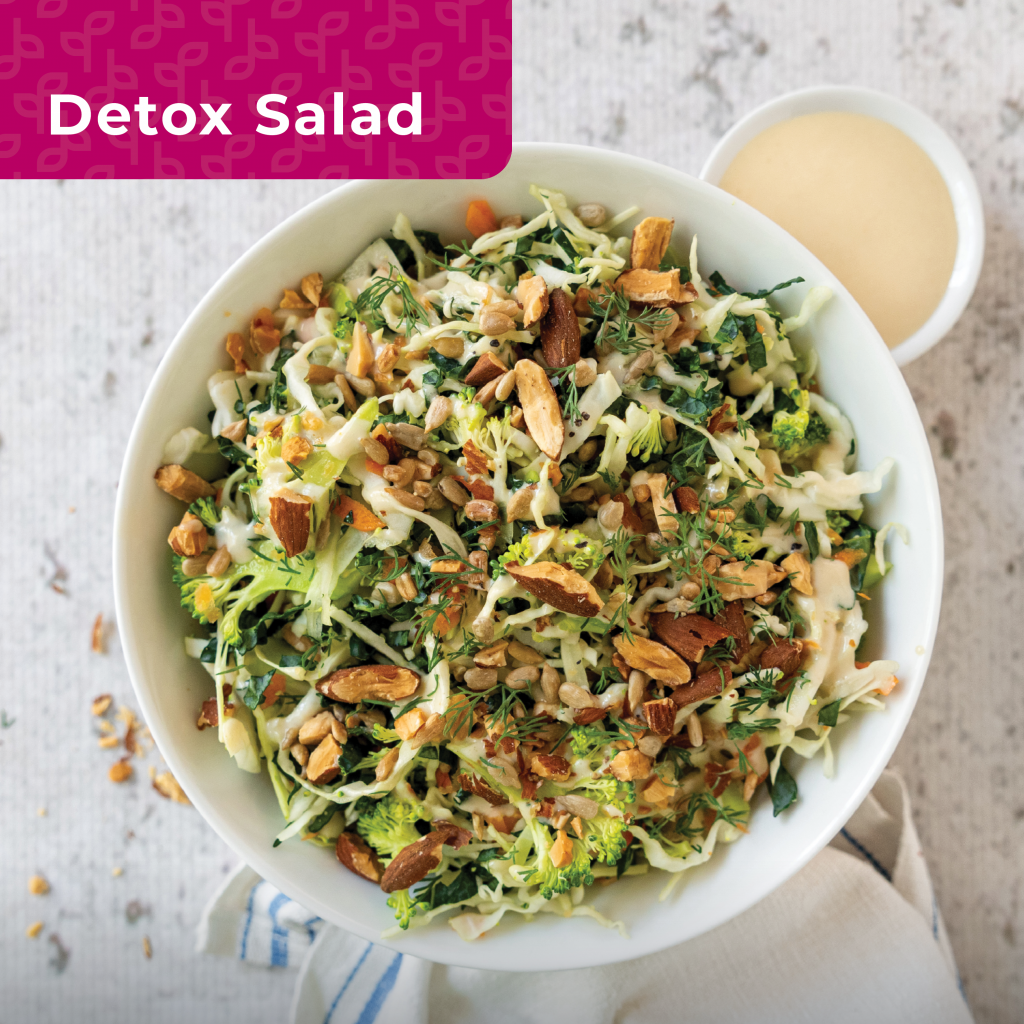
When you think of pre-workout snacks, meals, or supplements, beets probably are not the first things that come to mind. Sure, the deep reddish-purple color of beets hints that they’re loaded with nutrition, but should they really have a place in your pre-workout routine? Quite possibly, yes!
The benefits of beets move beyond just vitamins, minerals, and antioxidants. Beets contain special nutrients called nitrates that can help support exercise performance, making your workouts feel easier and more effective.
Benefits of Beets
Whole beets are a source of many essential nutrients. One raw beet has about 35 calories, 7 grams of carbohydrates, and 2 grams of fiber. They are not a major source of protein and fat.
Beets are also a great source of several vitamins and minerals, like:
- Vitamin C
- Folate
- Potassium
- Magnesium
- Iron
- Manganese
But where beets really shine are the other plant compounds they contain. They contain a red pigment called betanin, which is the reason for the red color. Betanin is an antioxidant that may help support healthy blood pressure.
Beets are also a source of inorganic nitrates, a compound found naturally in many fruits and vegetables. Nitrates can be converted into nitric oxide in the body, which has benefits for exercise performance and blood flow by relaxing and dilating your blood vessels.
One thing to note about nitrates is that there is a lot of confusion about their effects on human health. Some believe that they can cause cancer, but research has found that this is exclusive to the type of nitrates found in processed meats, not those in fruits and vegetables.
Overall, diets high in nitrates from fruits and vegetables are beneficial for overall health, particularly cardiovascular health.
Benefits of beets for your workout
The nitrate content of beets is the reason why they have been getting a lot of attention for being a beneficial and more natural pre-workout. Nitric oxide helps the blood vessels and arteries relax. This means that blood can flow more easily through the vessels.
Increased blood flow during exercise means improved performance, as your muscles are able to get the oxygen and nutrients they need to keep going. It also helps support healthy blood pressure levels, as the blood is able to flow more easily.
A 2017 review of multiple studies found that beet juice helped improve endurance, increase efficiency, and boost oxygen intake (VO2 max) of professional athletes. It also helped them increase their distance and time to exhaustion.
Beets may also support a faster recovery in that they contain many antioxidant compounds. Antioxidants can reduce the oxidative stress caused by intense exercise.
How to use beets as a pre-workout
You probably wouldn’t consider eating whole beets before working out, although if you love them, go for it! Most people prefer to consume their beets as a juice, powder, or supplement instead.
You can make fresh juice by blending beets with water or you can purchase beet juice that is pre-made at most health food stores. The recommended dose for beet juice is about 8-16 ounces of fresh juice.
Powders or supplements, like our Beets Gummies and Beets Powders, are also a great option. The ideal dose may depend on the individual. Most products recommend anywhere between 500-2000 mg of beetroot concentrate before a workout. The ideal dose may depend on the individual, the sport they are participating in, and the product they are using.
If you want to use beets as pre-workout, take your beet supplement or juice at least an hour before you work out. The effects typically last around 2-4 hours.
For a more natural pre-workout without added caffeine or sugar substitutes, beet supplements or juice may be a good choice for improving exercise performance.
- by Ana Reisdorf, MS, RD
Shared from https://www.gardenoflife.com/blog/elevate-your-exercise-game-with-beets
References:
-
FoodData Central. (n.d.). Retrieved June 27, 2023, from https://fdc.nal.usda.gov/fdc-app.html#/food-details/169145/nutrients
-
Esatbeyoglu, T., Wagner, A. E., Schini-Kerth, V. B., & Rimbach, G. (2015). Betanin–a food colorant with biological activity. Molecular Nutrition & Food Research, 59(1), 36–47.
-
Stanaway, L., Rutherfurd-Markwick, K., Page, R., & Ali, A. (2017). Performance and Health Benefits of Dietary Nitrate Supplementation in Older Adults: A Systematic Review. Nutrients, 9(11). https://doi.org/10.3390/nu9111171
-
Karwowska M, Kononiuk A. Nitrates/Nitrites in Food—Risk for Nitrosative Stress and Benefits. Antioxidants. 2020; 9(3):241. https://doi.org/10.3390/antiox9030241
-
Ma L, Hu L, Feng X, Wang S. Nitrate and Nitrite in Health and Disease. Aging Dis. 2018;9(5):938-945. Published 2018 Oct 1. https://doi.org/10.14336%2FAD.2017.1207
-
Stanaway, L., Rutherfurd-Markwick, K., Page, R., & Ali, A. (2017). Performance and Health Benefits of Dietary Nitrate Supplementation in Older Adults: A Systematic Review. Nutrients, 9(11). https://doi.org/10.3390/nu9111171
-
Domínguez, R., Cuenca, E., Maté-Muñoz, J. L., García-Fernández, P., Serra-Paya, N., Estevan, M. C. L., Herreros, P. V., & Garnacho-Castaño, M. V. (2017). Effects of Beetroot Juice Supplementation on Cardiorespiratory Endurance in Athletes. A Systematic Review. Nutrients, 9(1). https://doi.org/10.3390/nu9010043



